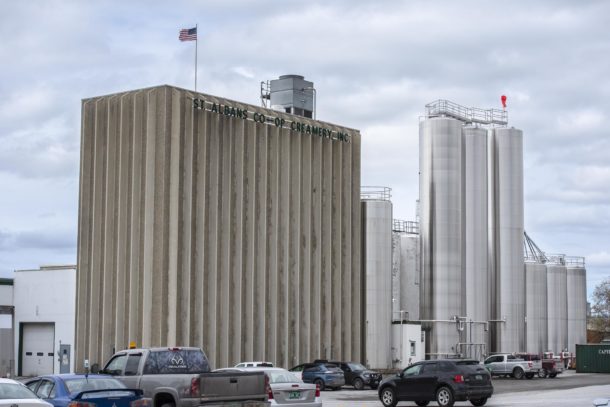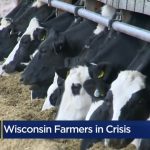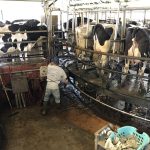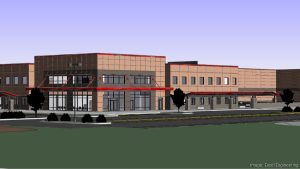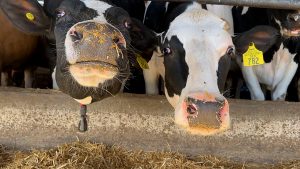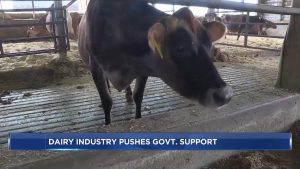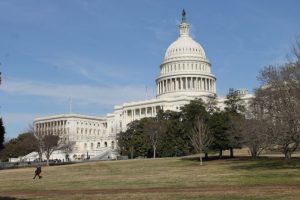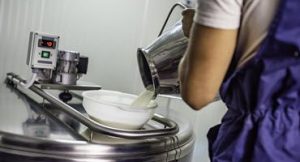
“We’re stuck having to be bailed out, pretty much, by DFA,” said co-op member James Normandin, who owns Cartersdale Farm in Ellenberg, New York. “I don’t believe the co-op could survive without it.”
Co-op leaders said the move will provide long-term financial security: DFA plans to invest in modernizing the St. Albans facility, and joining the national organization will open up larger markets for milk products from St. Albans Co-op farmers.
“I think it’s a great opportunity for the co-op to increase their market share,” said farmer Harold Howrigan III before Monday’s vote.
The push for access to larger markets largely stems from the broader downturn in the dairy industry. An unusually long run of low milk prices have put pressure on farmers nationally, but the trend here is particularly acute: the Vermont Agency of Agriculture estimates that 10% of the state’s dairy farms stopped operating in 2018.
Sen. Randy Brock, R-Franklin, who supported the merger after raising alarms about lawsuits against DFA over allegations of price manipulation, said the dairy farmers in his district still face an uncertain future.
“We certainly have seen the recent history,” Brock said, “and there’s not a whole lot there that would tell us that there’s a likelihood of major improvement.”
But Brock said, like many co-op members, that he believed the merger was the only path forward:
“There wasn’t a long line of financial institutions waiting at the door to give money to the St. Albans Co-op.”
